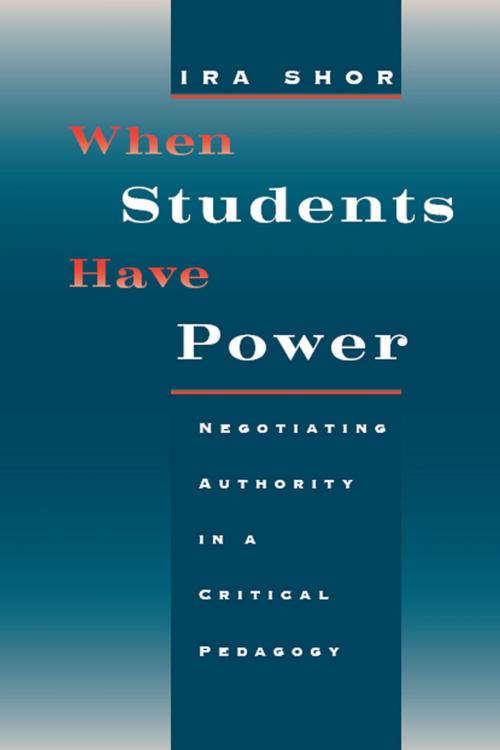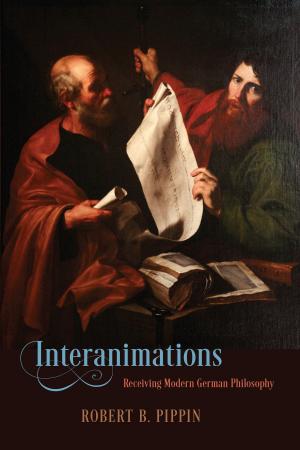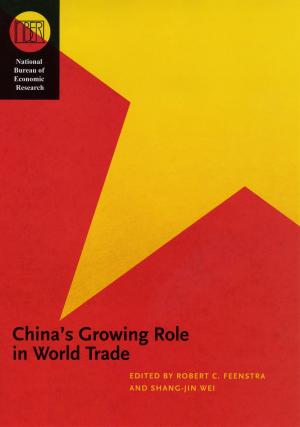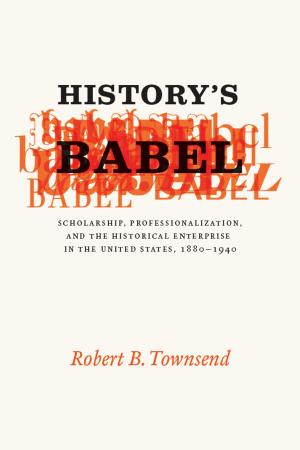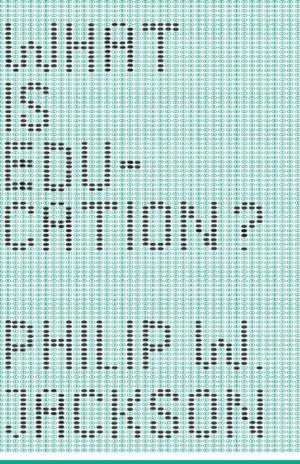When Students Have Power
Negotiating Authority in a Critical Pedagogy
Nonfiction, Reference & Language, Education & Teaching, Educational Theory, Aims & Objectives| Author: | Ira Shor | ISBN: | 9780226223858 |
| Publisher: | University of Chicago Press | Publication: | December 10, 2014 |
| Imprint: | University of Chicago Press | Language: | English |
| Author: | Ira Shor |
| ISBN: | 9780226223858 |
| Publisher: | University of Chicago Press |
| Publication: | December 10, 2014 |
| Imprint: | University of Chicago Press |
| Language: | English |
What happens when teachers share power with students? In this profound book, Ira Shor—the inventor of critical pedagogy in the United States—relates the story of an experiment that nearly went out of control.
Shor provides the reader with a reenactment of one semester that shows what really can happen when one applies the theory and democratizes the classroom. This is the story of one class in which Shor tried to fully share with his students control of the curriculum and of the classroom. After twenty years of practicing critical teaching, he unexpectedly found himself faced with a student uprising that threatened the very possibility of learning. How Shor resolves these problems, while remaining true to his commitment to power-sharing and radical pedagogy, is the crux of the book. Unconventional in both form and substance, this deeply personal work weaves together student voices and thick descriptions of classroom experience with pedagogical theory to illuminate the power relations that must be negotiated if true learning is to take place.
What happens when teachers share power with students? In this profound book, Ira Shor—the inventor of critical pedagogy in the United States—relates the story of an experiment that nearly went out of control.
Shor provides the reader with a reenactment of one semester that shows what really can happen when one applies the theory and democratizes the classroom. This is the story of one class in which Shor tried to fully share with his students control of the curriculum and of the classroom. After twenty years of practicing critical teaching, he unexpectedly found himself faced with a student uprising that threatened the very possibility of learning. How Shor resolves these problems, while remaining true to his commitment to power-sharing and radical pedagogy, is the crux of the book. Unconventional in both form and substance, this deeply personal work weaves together student voices and thick descriptions of classroom experience with pedagogical theory to illuminate the power relations that must be negotiated if true learning is to take place.
